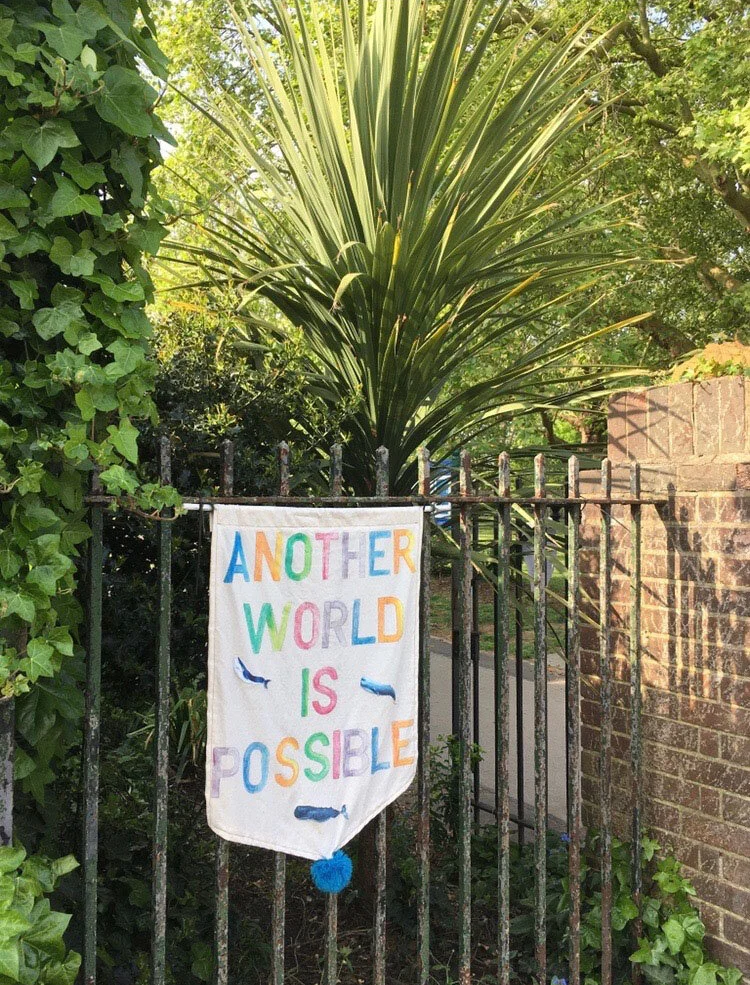In my last post I shared the process I go through each new year, as I assess how the previous year has gone and prepare for the new one ahead. It’s only recently that I realised that it has 3 distinct phases – reflection, review & planning.
For a long time I only did the planning part, spending a bit of time in the harsh light of early January, the excesses of Christmas and New Year’s Eve still fresh in my mind, taking whatever disappointments I’d felt from the previous year and wrapping them up as resolutions and unrealistic goals. And then I would be surprised when these things were abandoned early or not achieved. I hadn’t realised the link between reviewing and planning – how important it is to spend time learning from the year already past, to inform the plans for the next one. This addition of a year review, along with the acceptance that maybe the first week of January isn’t a great time for me to be planning anything, changed the landscape of my work. I had a better awareness of what went well before, what I felt was successful, and how that could shape what I’d do next.
But, I still found myself setting goals or creating plans that somehow weren’t quite right for me. They were often focused on growth or productivity – doing things bigger, better, faster, with more people. These plans were SMART and well thought out, so why did they often fail? My plans weren’t sustainable because they didn’t take into account how much I could manage and the rhythm of my energy throughout the year. They were so focused on what I could do for other people or the outcomes of the work, that I was left out of the equation.
It’s only in the last few years that I began to do a warm-up exercise before my review & planning sessions – the reflection. Whereas the review is specific and looks in detail at the events of the previous year, the reflection is a holistic look at me and who I am in that moment. I take some time to revisit my values (often updating or amending my values list in the process) and to remind myself what is important to me. It’s a chance for me to remember who I am in amongst all this doing and busyness, why I do the work I do. I think about who it’s for, what I am passionate about, the world I want to contribute to.
You might ask why this is relevant to the review and planning process, since it’s possible to do both without it. But what I’ve noticed is that if I don’t reconnect with the fundamental things inside myself, if I don’t have these things present when I start, then the review and planning is often coloured by a less than compassionate mindset. The critical voices creep in, the ‘shoulds’ appear. I find myself steered towards things that don’t align with my values, or forget them entirely. I set unreasonably high standards or I get caught in the trap of comparing my work to other people. And nobody needs that.
Now, when the new year approaches I find myself operating within the reflection stage for quite a while, sometimes weeks, before I’m ready to review and plan. Because I struggle in the winter months with Seasonal Affective Disorder I can often lose sight of myself and who I am. The me in December is very different to the me in April, July or September. The task of planning for those other Melodys, who may have lots of energy and who are excited by life again, falls heavily on winter Melody’s shoulders. Sometimes the thought of the work I’d like to do is so overwhelming, the energy for it out of reach. Which is why it’s vital for me to connect to who I am underneath it all. This reconnection gives me access to what I know is possible in the year ahead, even if I can’t see it clearly in the early months. It allows me to review and plan in a way that feels authentic and realistic. In many ways it’s the key step in this whole process.
